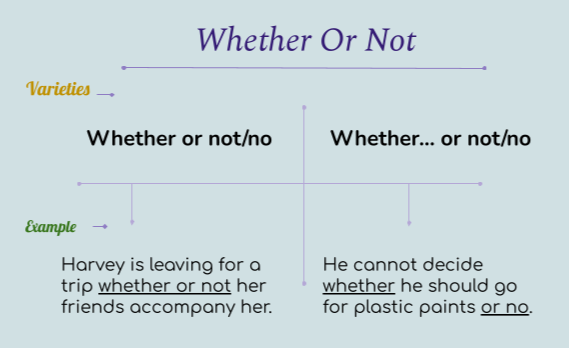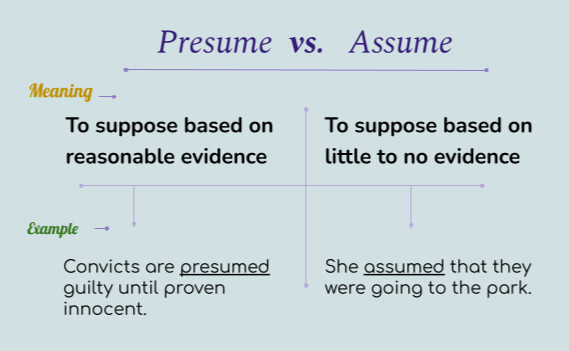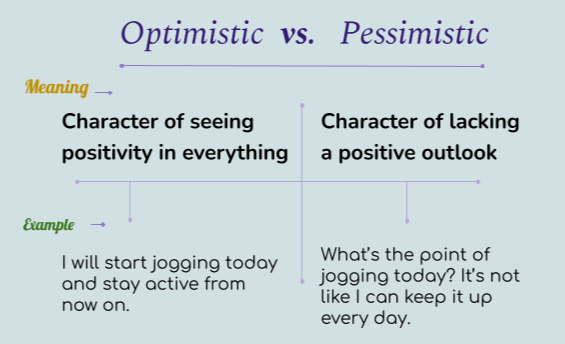Proceed vs. Precede - What is the Difference?

Proceed means to start or carry on and Precede means to come into existence before something or someone in time. They are not homophones but being almost homonyms, they stir up their fair share of confusion because of their near-identical pronunciations.
What is Proceed?
Proceed is a verb that means to start or continue something. When someone Proceeds to do something, they start it and when they proceed with something, they carry on with it.
- Let’s proceed with the presentation.
- Let’s precede with the presentation.
- Robbie cannot proceed with the debate any longer.
- Robbie cannot precede with the debate any longer.
- Do not proceed until I say so.
- Do not precede until I say so.
The first two examples use the verb Proceed as another word for “carry on” or “continue”. And the last one entails “to start or begin something.” These are the two types of uses that the verb - Proceed have in the English language.
Proceeds is a noun that means profits or financial gains. This is always used in its plural form with an -s when Proceed becomes a noun.
- All the proceeds from tonight’s exhibition go to Donna’s charity.
- All the precedes from tonight’s exhibition go to Donna’s charity.
- I was investing the proceeds from my business back into it.
- I was investing the precedes from my business back into it.
- Fred was laundering more than 50% of the proceeds from our company’s business.
- Fred was laundering more than 50% of the precedes from our company’s business.
- Saving 100% of the proceeds may cause you to run low on capital.
- Saving 100% of the precedes may cause you to run low on capital.
Profits or incomes are entailed with the use of the plural - Proceeds, in general terms. Proceeds are often sent to charities or back into the business as stated in the examples above.
What is Precede?
Precede is a verb that means to come before something else in question. When something or someone comes before another, they Precede their followers.
- The loud ring of the bell precedes the end of class time.
- The loud ring of the bell proceeds the end of class time.
- The continuous breakout of protests preceded the shift of power in the region.
- The continuous breakout of protests proceeded the shift of power in the region.
- Calm always precedes the storm.
- Calm always proceeds the storm.
- One must be concerned about who precedes the departing employee.
- One must be concerned about who proceeds the departing employee.
All the examples above entail that one thing or incident comes before another with the use of the verb Precede. It’s critical to know the correct spelling too by properly knowing the meaning of these verbs.
Proceed vs. Precede: What is the Difference?
Proceed and Precede sound almost identical but they are not actually homophones. They have only one phoneme difference between them and that makes the deal that much more confusing when it comes to learning their spellings and meanings properly.
|
Factors |
Proceed |
Precede |
|
Pronunciation (IPA) |
/prəˈsiːd/ |
/prɪˈsiːd/ |
|
Meaning |
To begin or continue |
To come before |
|
Parts of Speech |
Verb |
Verb |
|
In Sentence |
Let’s proceed at our own pace. |
Calm precedes the storm. |
Trick to Remember
The easiest trick in the book is to learn one word really well before diving into another among the confusing sets of words and spellings. If we want to learn and remember the word Precede really well first, we may choose to focus on how it is associated with time or time of existence and Pre- is the common prefix to signify “before or prior to.”
Grammar
Read More
- How to Use "Therefore" in Sentences Avoiding Common Mistakes
- How to Use "Whereas" with Examples and Avoid Common Mistakes
- When and How to Use "Thus" Correctly Without Common Mistakes
- How to Use "On the Contrary" Properly with Meaning and Examples
- When and How to Use "Either/Or" with Examples and Common Mistakes to Avoid
- How to Use "On the Other Hand" Effectively without Mistakes
- How to Use "Respectively" with Example and Common Errors to Avoid
- How and When to Use "Moreover" Without Mistakes
- How to Use "Likewise" in Sentences Based on Context & When not to Use
- When & How to Use "Although" in Sentences to Avoid Mistake




